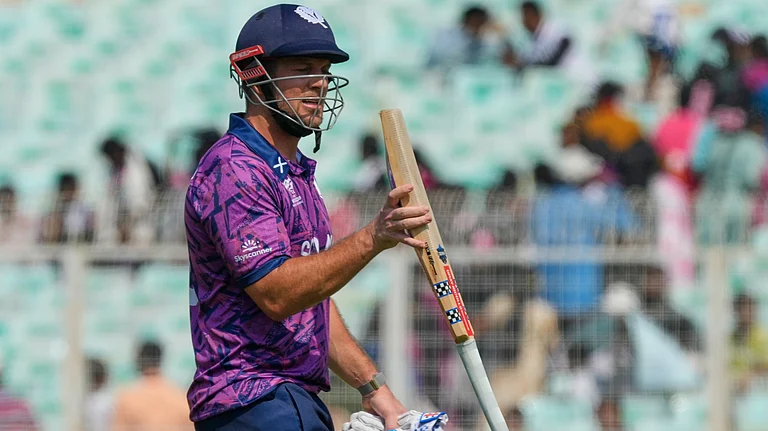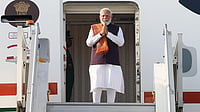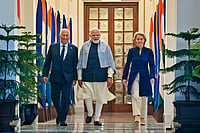Foreign ministers of India, Germany, Brazil, and Japan met in New York on Wednesday to discuss the expansion of the United Nations Security Council, which is still dominated by the victors of the second Word War. Much has changed in the world since then but the UNSC, dominated by the US, Russia, China, UK, and France, continue to call the shots.
It is over two decades since the talk of UNSC reforms began, but so far nothing has changed. Despite demands by other major countries, like the group of four(G-4) promise of expansion of the UNSC remains just talk, nothing substantial has happened yet.
India’s foreign minister Subramanyam Jaishankar, Brazil’s Carlos Alberto Franco Franca, Germany’s Heiko Maas, and Japan’s Motegi Toshimitsu, met yesterday to demand widening the charmed circle of P-5 and admit new member states that reflect the current global reality. Whether it is the last World War vanquished like Japan and Germany or rising new powers like India and Brazil, as well as several other nations from Africa and Asia are all waiting to get into the hallowed circle.
"The Ministers underlined the urgency of reforming the Security Council in order to make it more legitimate, effective and representative by reflecting the reality of the contemporary world including developing countries and major contributors,’’ a statement released by the G-4 said. They are pushing for expansion of both the permanent and non-permanent members, and believe all four nations have a right to sit on the high table. But now there are indications that text-based negotiations are to begin, simply put it will be a step forward but may still take time.
There is a general consensus that expansion of the UNSC is a must, given the growing complex security issues facing the world. Talks about expanding the membership of the UNSC are on for the last twenty years, yet despite acknowledgment that more permanent members have to be accommodated, there is natural reluctance to share power. It is also clear that new permanent members will not be given veto powers. The veto is an important tool often used by the US, China, and Russia to protect their strategic priorities and scuttle UNSC resolutions against their allies or their own diplomatic or political interests.
Though victors of the last war, like Britain and France are no longer as powerful as they were in 1945, yet they continue to wield enormous influence through the UNSC. While India and Brazil both emerging powers find no place in the UNSC and are economically strong Germany and Japan who contribute largely to funding the UN are also out. The scramble for entry has led to inevitable delays, as judgment has to be made on who will finally make the cut. In Europe, Italy believes it has every right to be at the UNSC if Germany is accommodated. Brazil is not the only country from South America trying to push open the door. Argentina is as keen to be a member. Africa also has several contenders. But now the African Union have taken up a common stand. In Asia besides Japan and India, Pakistan too had at one time tried to get into the fray. Not much is heard of that effort now.
India has long lobbied for a place as the world’s second most populated nation and an emerging regional power. India is supported by Russia, the US, UK, and France for permanent entry into the exclusive club. At yesterday’s meeting of the foreign ministers, all members of the G-4 reaffirmed their support for each other’s candidature as aspiring new permanent members of a reformed Security Council. ends.


























